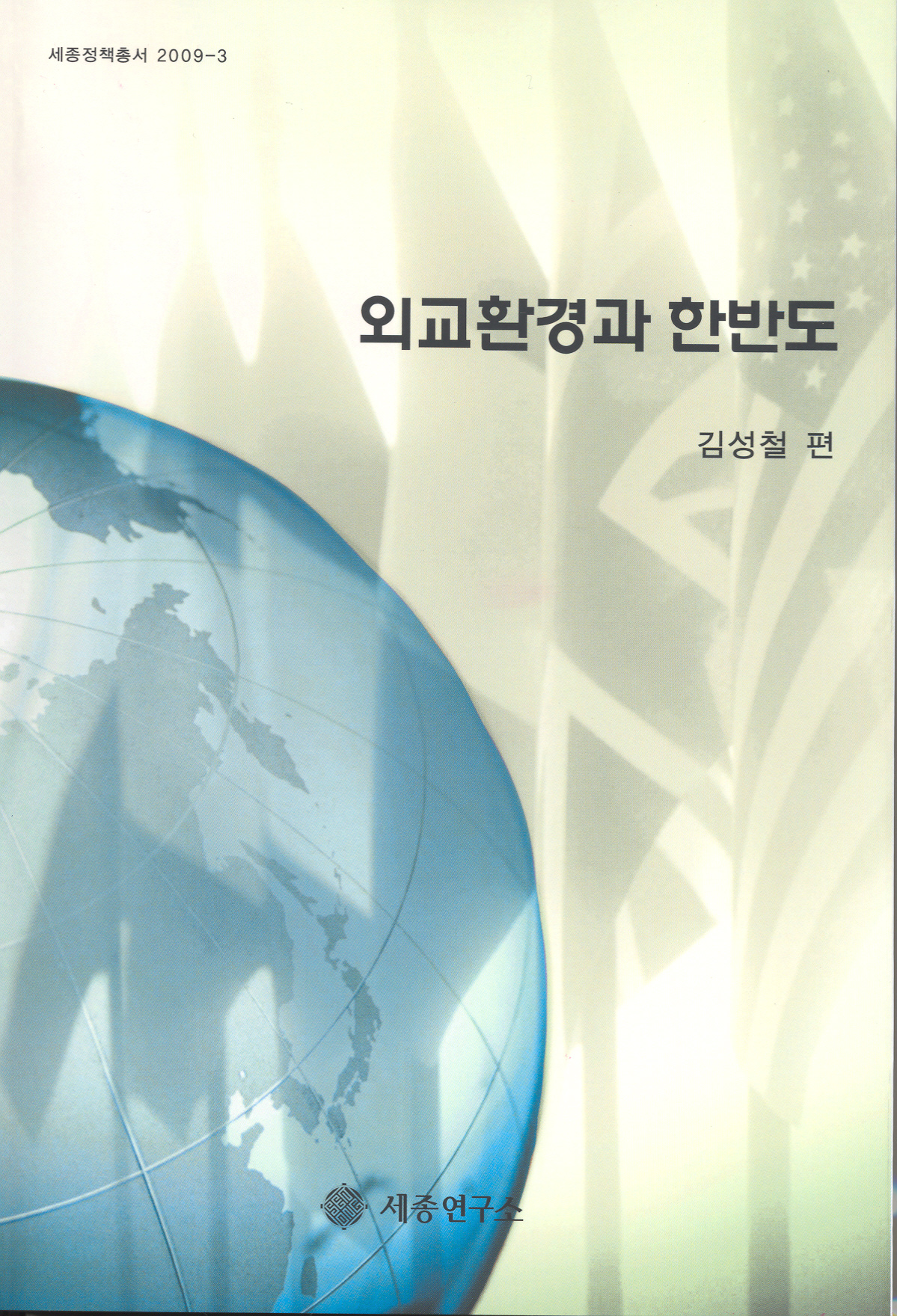This book is characterized by in-depth analysis and prospects of diplomatic environment, changes in foreign policy, and policy toward the Korean peninsula of the neighboring countries including Japan and the United States. The study includes the analysis of propensities of the policy-makers, their diplomatic goals, objectives, and trends toward the Korean peninsula in the ever changing diplomatic ambiance. The deliberation of Korea's countermeasures to withstand changing diplomatic environment is also added to this study. The research target countries are the US, Japan, China, Russia, EU, and North Korea.
The Obama administration manifested the smart power foreign policy to restore the ethical leadership through international congeniality transcending the Bush style one-way approach within the principles of tolerable changes. Valuing the alliance and cooperation with the US, Japan is pursuing the Asia-Pacific regional security and stability including North Korea and cooperation for international tasks to overcome global economic problems and to support the development of Afghanistan relative to counterterrorism, the development of Africa, and the preventive measures against epidemics and atmospheric changes. China's priority objectives are to see continued economic growth by maintaining domestic and regional stability and economically friendly relations with neighboring countries, exalt overall national power including military strength, and build up a new image as a responsible member of the international community.
Russia is trying to solidify its interest in Northeast Asia, maintain status quo strategic balance in the region, expand its influence through participation in various cooperative projects, and establish a Northeast Asia multilateral security system. After Obama's inauguration the EU is expecting a new Atlantic region cooperative system by establishing strategic partnership relations with major countries in the region and trying to play a leading role in the European security. The EU is pursuing multilateral solution on international issues. North Korea started the power succession roadworks after Kim Jong-il's deteriorating health. In preparation for national emergency and precarious future, North Korea reinforced the National Defense Commission, intensified the military posture, and dared the nuclear and missile tests. North Korea would not give up the nuclear program, but is trying to emerge as a nuclear power
No : 2009-3
Publishing Company : The Sejong Institute
Date of Publication : 2009-8-10
Number Of Pages : 271 Page
Price : 20,000 Won
